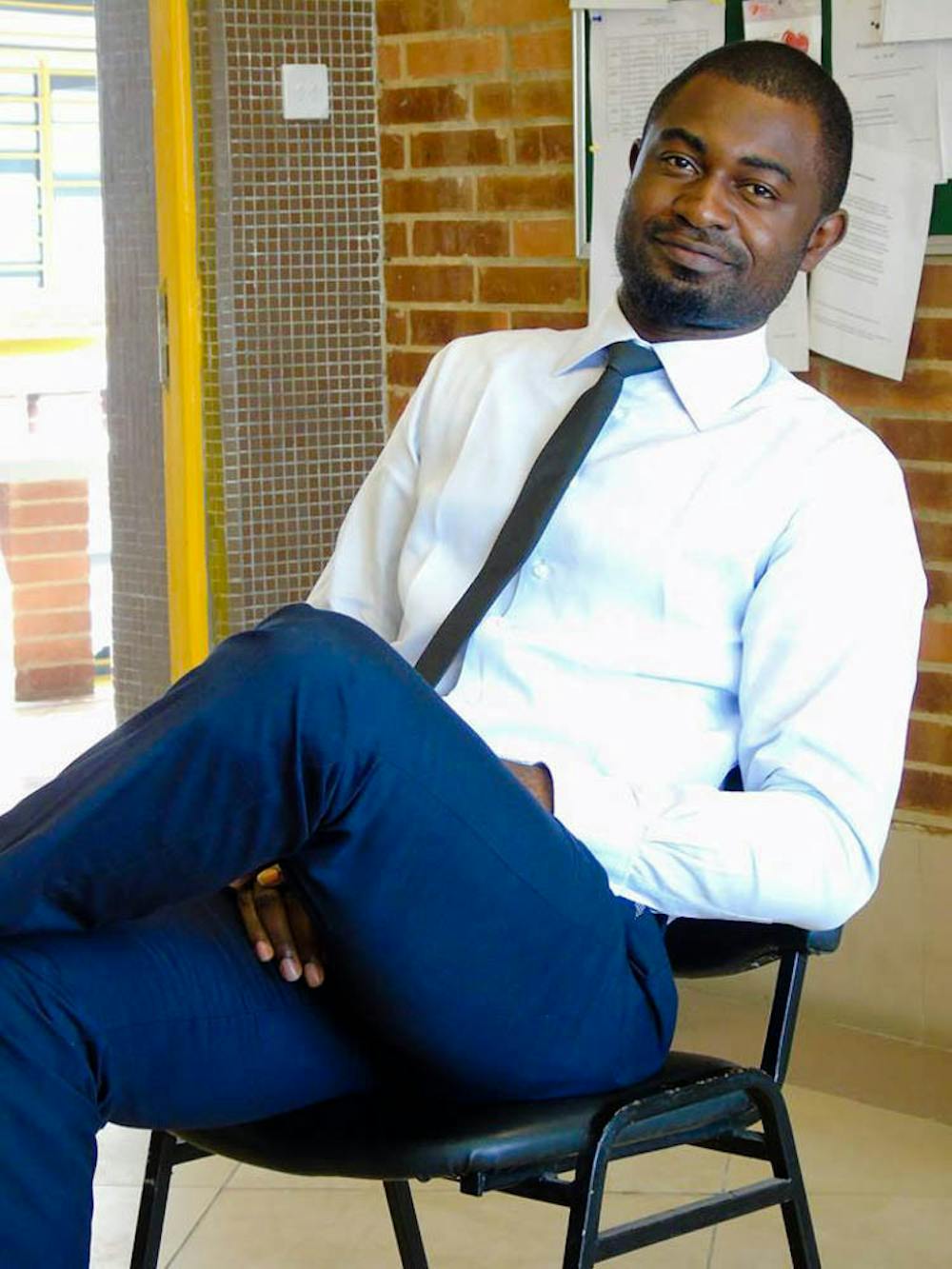While completing his master’s degree at Southern Illinois University Edwardsville in 2015, Philip Àlàbí observed a stack of textbooks resting on a table outside the chemistry department. The sight turned Àlàbí’s thoughts toward his home, Nigeria, and its lack of accessible academic resources. Àlàbí, a PhD student in chemistry at Brown, said this moment inspired him to found Efiwe, a nonprofit organization dedicated to donating books to under-stocked libraries in post-secondary institutions in Africa.
“If you’re not so educated, you won’t have the freedom of mind to tell authority what should and should not be,” Àlàbí said. Àlàbí hopes that as more African students “educate themselves about their rights, then they can speak more … and develop the continent for Africans,” he said.
Last fall, Efiwe-Brown, a localized chapter of the organization, received over 2000 books to deliver to libraries following a campus-wide book drive, Àlàbí said. By publicizing the event through fliers and emails, Efiwe-Brown received book donations from students and faculty, he added.
During the book drive, Efiwe-Brown also partnered with Brown Student Agencies, which “provided storage space for Efiwe-Brown to store the books” and helped “publicize the event,” said Supassara Leeswadtrakul ’18, the director of business development for BSA.
While Efiwe accepts any kind of book, it mostly receives textbooks, Àlàbí said. Because most of the donated books are written in English, Efiwe restricts itself to shipping books to “English-speaking countries” in Africa such as Nigeria, South Africa, Ghana and Liberia, he added.
In order to ship the books to the libraries, Àlàbí said Efiwe-Brown “connected with … Nigerians (in the United States who) were already shipping products to Nigeria” and asked that they “include (our) books in (their) shipments.” Initially, Àlàbí said that some of the librarians were skeptical of Efiwe’s mission and worried that the organization would perpetuate negative stereotypes about African nations. “They got into a tussle because they said ‘Why are Africans asking the US for books? It looks like Africa is begging the world for everything again.’” However, after the librarians assessed the quality of governmental aid in this regard, they decided to accept Efiwe’s help, he said.
Belinda Muhama, a graduate student in neuroscience and the treasurer of Efiwe-Brown, said Efiwe’s mission resonated with her, given her parents’ experiences growing up in Ghana. “They would tell me all the time how hard it was to get books for courses they were taking.”
In addition to holding book drives, Efiwe-Brown is “reaching out to other (student) groups” with similar mission statements in order to hold events together, Muhama said. “We’d like to bring in speakers (to campus) ... as well.”
“We are excited about creating events and opening a conversation about coming back to Africa for business and entrepreneurship,” Àlàbí said. “I feel that Africans come to the US and forget quickly where they have just come from. They need to contribute back to the continent.”
Looking ahead, Efiwe-Brown is also working with the computer science department to develop a website, he added. “The web platform will help to decide which books go to what country” and would allow librarians to choose books that are most relevant to their institutions, he said.





